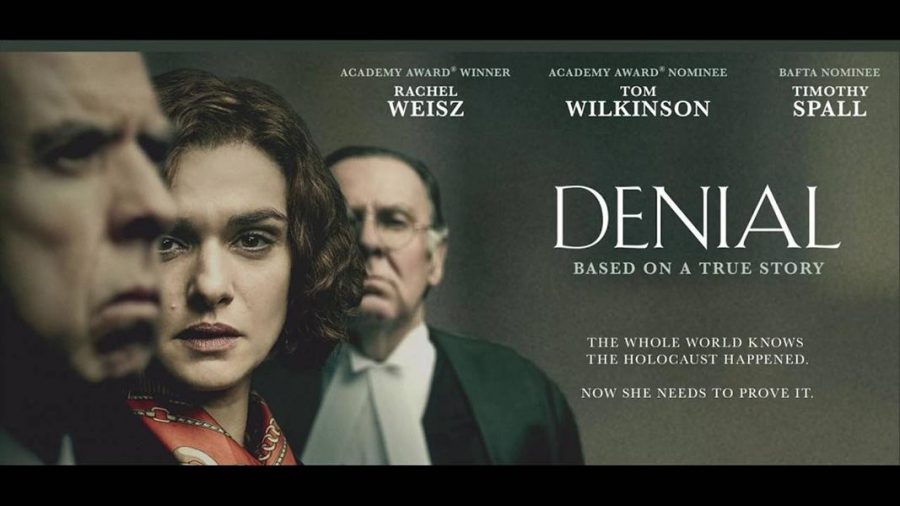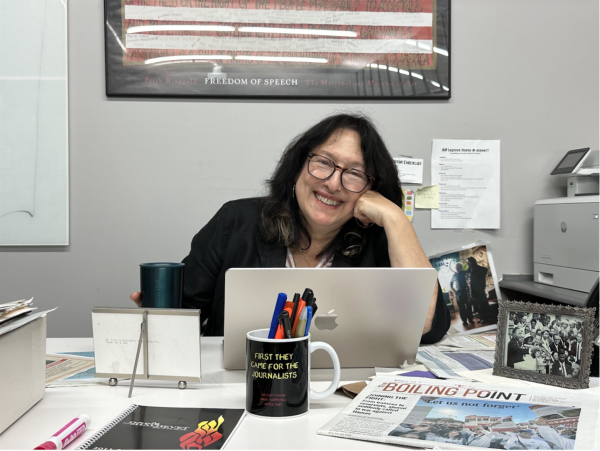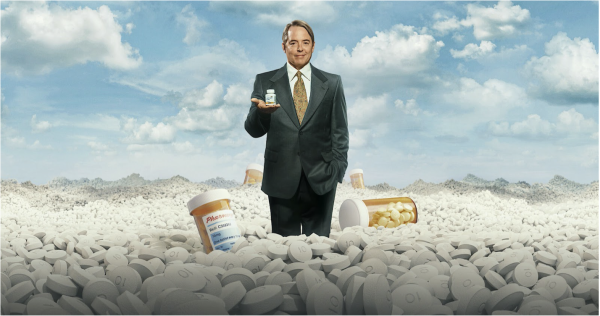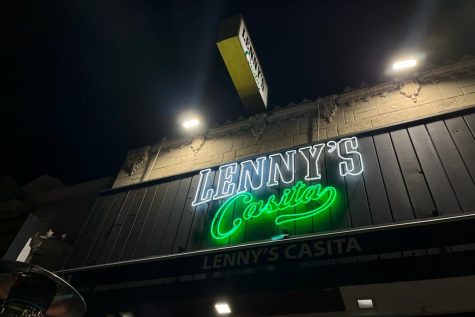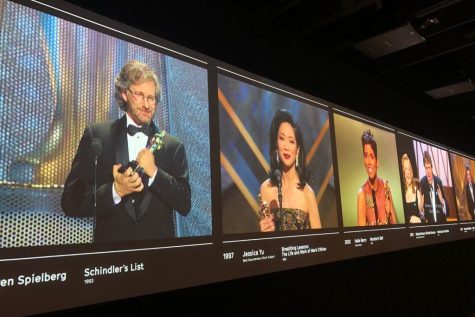‘Denial’ maps a journey through lies on the road to truth
“No holes, no Holocaust,” shout newspaper headlines that historian Deborah Lipstadt reads as she jogs through the streets of London. Reading the specious phrase, she stumbles. It is clear that she grasps how easily a well-phrased opinion can replace history.
The year is 2000, and the catchy “No holes” headline refers to a fallacy perpetrated by an infamous Holocaust denier named David Irving. Irving claims that since the holes in the Auschwitz gas chambers into which cyanide pellets were dropped have never been found, they never existed and therefore there actually were no gas chambers.
Based on the famous British court case of 2000, Denial is the story of the legal battle that followed between Lipstadt, an American historian and Holocaust scholar played by Rachel Weisz, and Irving, an English Holocaust denier played by Timothy Spall. In her book, titled Denying the Holocaust: The Growing Assault on Truth and Memory, Lipstadt said Irving was less than a reputable historian, and that he had misconstrued facts to prove his desired conclusions. Irving then sued her and her publisher, Penguin Books, for libel.
The film delivers a powerful and relevant lesson for today, when it seems that facts and opinions have somehow become interchangeable. For anyone concerned with the Holocaust or anti-semitism, the film also presents a realistic look into an important piece of history.
Directed by Mick Jackson (The Bodyguard 1992, Temple Grandin 2010) with screenplay by David Hare (The Hours, 2003), Denial provides an in-depth depiction of a gripping legal battle with many riveting moments. But it’s not a typical courtroom drama with surprising revelations on which everything turns.
Rather, Jackson presents the film in a compelling documentary style. Characters speak believably in almost mundane, sometimes awkward conversations. The dialogue seems unprepared and honest, and is appropriate to the film’s subject and its depiction of the search for truth.
A key element of the story is the fact that it takes place in England. If the suit had been filed in the United States, under U.S. law Irving would have had to prove that Lipstadt’s book hurt his reputation. But in Britain, it’s the reverse: Lipstadt and her team of lawyers had to prove that Irving deserved what she wrote – that he had misconstrued historical facts to support his anti-Semitic beliefs and admiration of Hitler, and also that the Holocaust itself did in fact happen. The film shows in unsettling detail that unequivocal evidence is not easy to find.
Jackson avoids the conventional melodrama where you might expect it. The outspoken and passionate Lipstadt must be convinced by her lawyers that neither she nor the many survivors who wish to testify can take the stand. Finally she sees that Irving must not be given a chance to distract attention by attacking and humiliating witnesses.
Instead, the defense works to finds inconsistencies in Irving’s texts to defeat him, presenting evidence of racist and anti-semitic beliefs from more than 20 years of his journal entries. After this, the judge asks a chilling question: “if he’s a racist, can’t he still be a valid historian?” Lipstadt’s lawyer, Richard Rampton (played by Tom Wilkinson), responds that there is no factual justification for denial of the Holocaust, so the only way to suggest it didn’t happen it is to manipulate facts, thereby reaching a conclusion that supports the author’s racist agenda. This is an important idea because it reminds us that we must question the source of where we get our information and must into account their beliefs.
The film thus shows that while slogans like “No holes, no Holocaust” are simple and easy to digest, figuring out what is actually true, on the other hand, is time-consuming and very challenging.
Which doesn’t mean it can’t be done. In one somber scene, Lipstadt and her legal team visit Auschwitz. Director Jackson lets the chilling facts that the team finds there and the stark reality of the surroundings speak for themselves.
Jackson’s documentary style in Denial lets the trial stand as evidence much the same way that Auschwitz does, helping to emphasize the many important lessons that the film delivers — perhaps most importantly, that while the fight for truth is not always exciting, it is a fight that is vital to society. In these challenging times it is a lesson that we cannot ignore.
Tag: Denial was released on September 30

Jacob Joseph Lefkowitz Brooks was editor-in-chief during the 2019-20 school year and is now a student at the University of Toronto.

